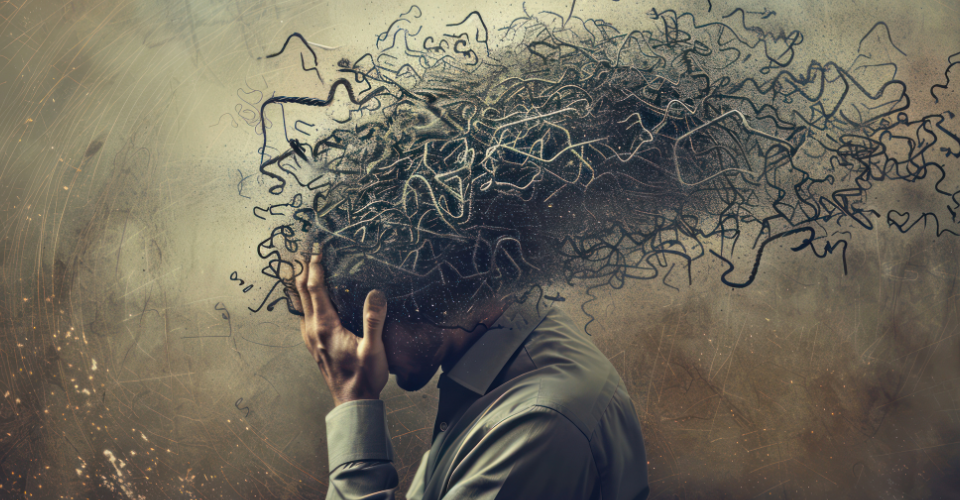Reduced Cognitive Control in Anxiety Disorders
Recently, Psychophysiology published a study that has brought to light more about how feelings of extreme anxiousness impacts on the brain specifically in relation to the cognitive control network of the brain. The study established that certain sections of the brain are less active in most cases of major anxiety disorders and this could serve as a potential neural marker for anxiety symptoms.
Understanding Anxiety: A Global Perspective
Feelings of anxiousness are felt by millions around the world and it is characterized by irrational fear and helplessness. Though mild feelings of anxiousness bring about alertness, severe cases bring along disabling disorders, interrupting normal life with depression mostly accompanying it. For effective treatments to be developed, comprehension of the neural mechanisms behind feelings of anxiousness is paramount.
Research Focus: Isolating Anxiety’s Impact
Previous research on anxiety’s effect on brain activity has yielded mixed findings. To eliminate such discrepancies, this study only focused on individuals having an anxiety disorder without depression thus isolating its effect on brain function. The research included 366 subjects from Huazhong University of Science and Technology who were screened using Hospital Anxiety Depression Scale (HADS).
Methodology: Functional Near-Infrared Spectroscopy (fNIRS)
In order to measure the activity of the brain during verbal fluency task (VFT) thus assess those areas involved in cognitive control, fNIRS was used as a non-invasive method that detects changes in oxygen concentration through changes in blood volume or other parameters across small volumes/areas under investigation.
Key Findings: Decreased Activity in Cognitive Control Regions
The experiment showed significant differences between participant groups with regard to their brains’ activities. This relationship revealed negative correlation between severity of feelings of anxiousness and activation within right dorsolateral prefrontal cortex (rDLPFC) and left frontal eye fields (lFEF). These two areas exhibited lower levels of activity during VTF among participants whose level of anxieties was relatively higher than others . In rDLPFC, the major anxiety group exhibited significantly lower activation than healthy controls with mean oxy-Hb concentrations of 0.896 and 0.047 respectively. Similar findings were seen in lFEF.
Implications for Treatment: Targeting Specific Brain Regions
These results indicate that decreased activity in these specific brain areas could be an indicative mark that an individual has a major anxiety disorder. These include the cognitive control network such as the rDLPFC and lFEF, which is necessary for regulation of thoughts and emotions. This network dysfunction may cause mood symptoms such as excessive worry without conscious control. It is possible to target treatment on these neural mechanisms thus developing specific treatments for anxiety disorders.
Future Directions: Comprehensive Measures and Deeper Brain Regions
This study suggests the need for further research using more comprehensive measures of feelings of anxiousness and depression to confirm this study’s findings. Furthermore, future studies should aim at investigating deeper brain regions like amygdala which are implicated in extreme feelings of anxiousness so as to have complete understanding about neural basis of anxiety disorders.
Conclusion
The title ‘Anxietal Symptoms without Depression are Associated with Cognitive Control Network (CNN) Dysfunction: An fNIRS Study by Qinqin Zhao et al.’ is part of a significant advancement in knowledge concerning how the brain works during states of fearfulness or phobia. The current study essentially gives us direction in terms of isolating the mechanisms through which anxiety affects brain functioning in order to design interventions aimed at easing suffering among sufferers of this condition.


